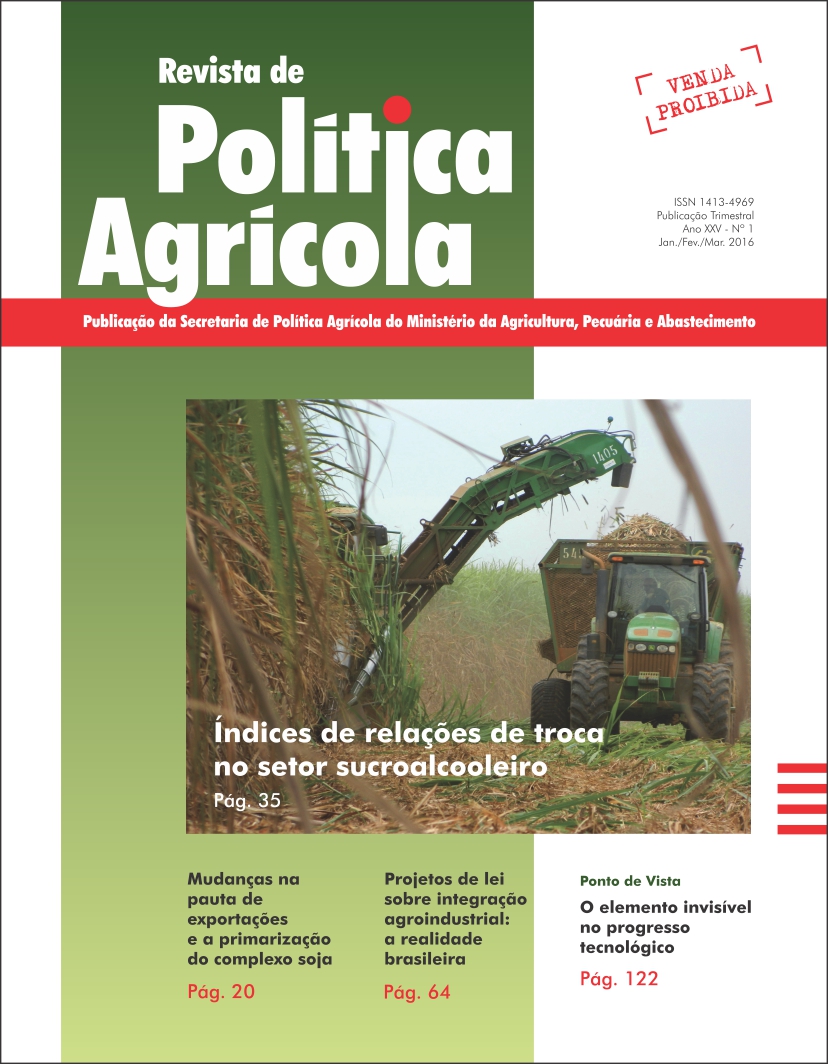The impossibilities of the Brazilian Agrarian Reform
Keywords:
rural settlements, inequality, mediators, poverty, farm incomeAbstract
Based on diagnosis of production systems in rural settlements of Bahia and Rio Grande do Sul, we analyze the income and agricultural production of the beneficiaries of the Brazilian agrarian reform. Data were collected by local technical assistance between 2005 and 2010, through individual questionnaires and with random and large samples. Both states are representative, because account for nearly a quarter of all Brazilian family farming. The observed reality is compared with the general situation in the Brazilian countryside, which has a high concentration of land, production and income. A typical settlement has a majority of families that produces little and earns low incomes alongside other which, being more productive or monopolizing public resources, has an income tens of times larger. We suggest the hypothesis that Brazilian agrarian reform is failing to achieve its main objectives, namely to reduce poverty and inequalityDownloads
How to Cite
Mello, P. F. (2016). The impossibilities of the Brazilian Agrarian Reform. Revista De Política Agrícola, 25(1), 108–121. Retrieved from https://rpa.sede.embrapa.br/RPA/article/view/1088
Issue
Section
Artigos Científicos


